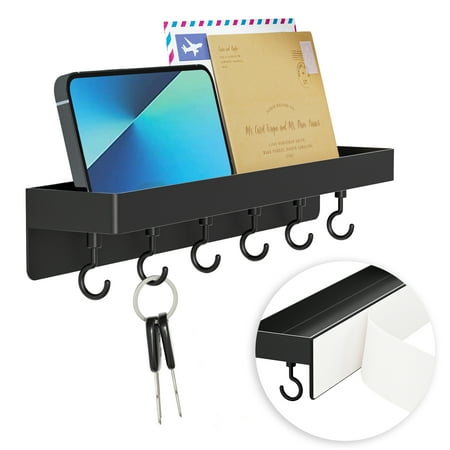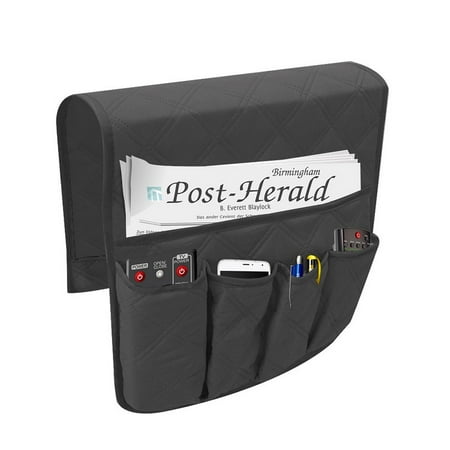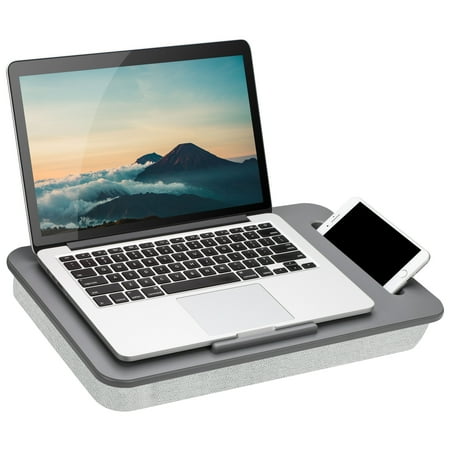My open-plan living space was permanently cluttered until I tried the 'Desire Path Decluttering method'
Loading my mess hot spots with storage solutions worked so well

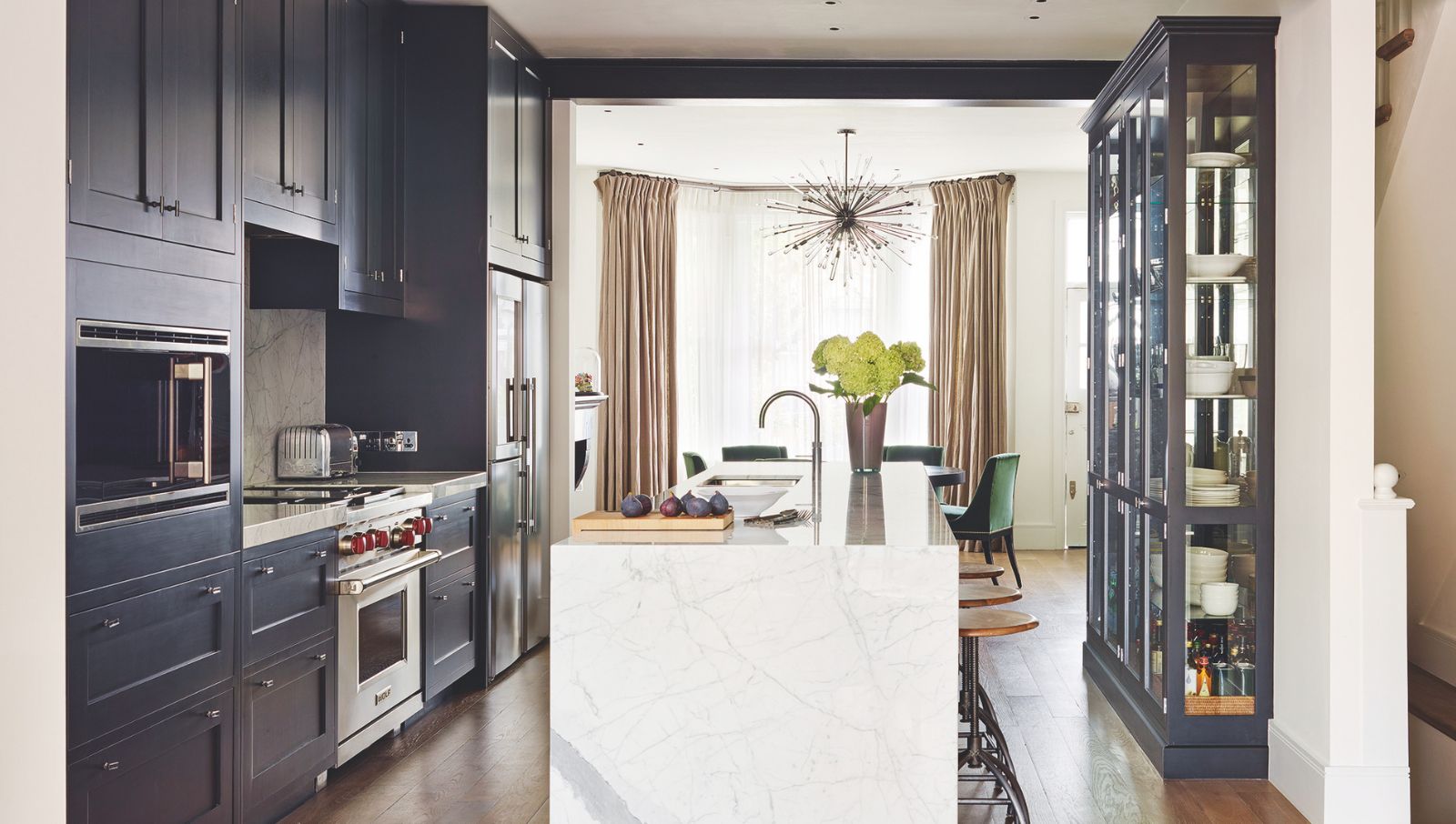
My current rental home is the first with an open-plan layout I've lived in. The entryway opens right into my dining room, which flows into the living room and clutter has been a persistent problem.
Anytime I put anything down to deal with later, it's visible from everywhere in the room. I decided to give the Desire Path decluttering method a whirl and it's been transformative.
Simply, make a mental note of the items you always leave out and where you leave them, be it your coats on a particular chair, or your junk mail on a certain table, and put something there to house them, rather than having a separate space for them that clearly isn’t working. It's helped me finally organize my open plan space.
The Desire Path decluttering method
I discovered the Desire Path decluttering method on TikTok, in a video by @jenny.for.your.thoughts, a content creator that shares efficient ADHD-friendly tips for managing a home.
The basis of the Desire Path decluttering method is to pick the path of least resistance, making your home organization ideas work for you, rather than you having to work to maintain existing storage ideas. It also plays into the one-touch tidying rule, helping you put items away straight away, rather than leaving things for later.
How I implemented the Desire Path Decluttering Method
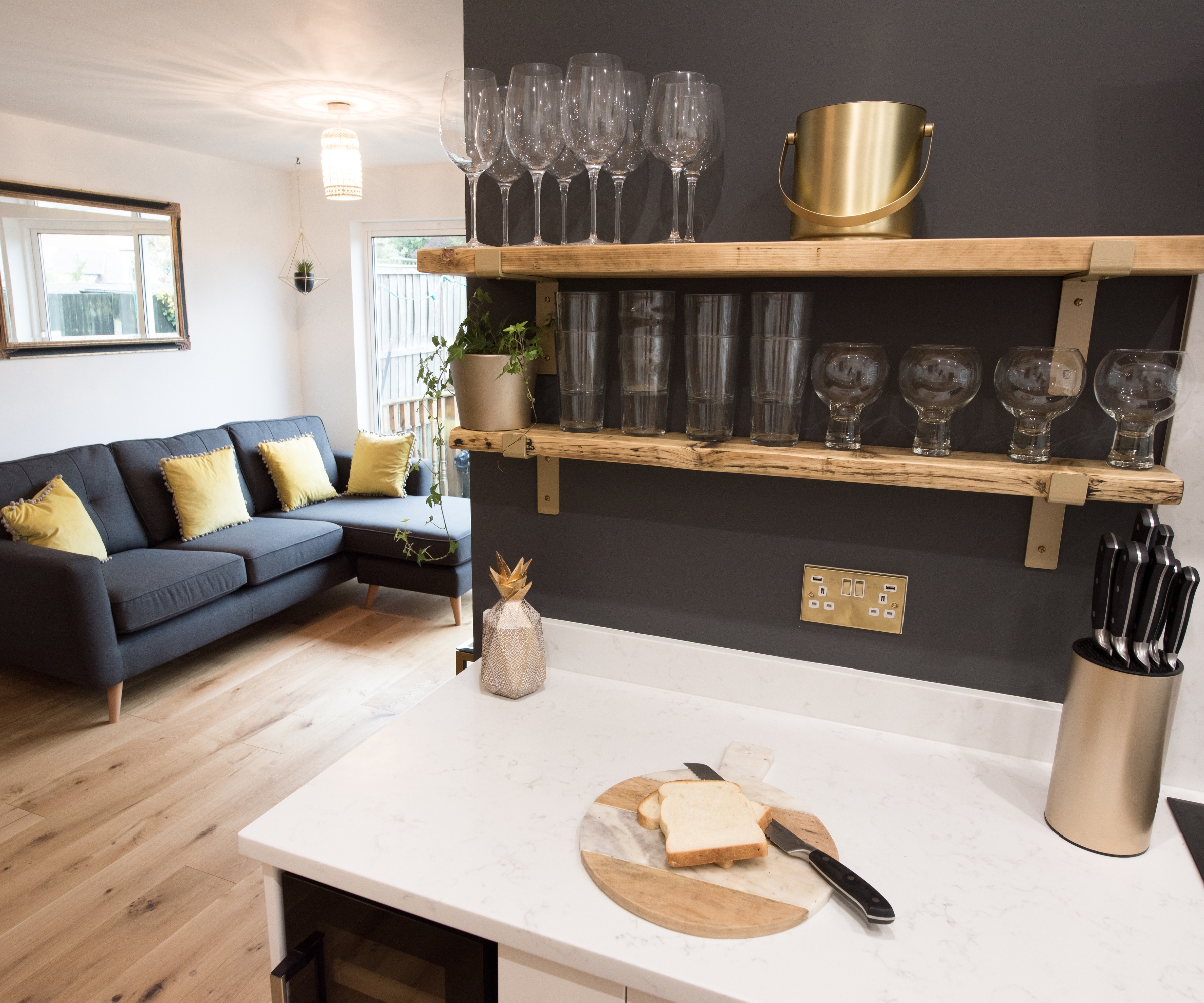
An open-plan home
Before I started with this decluttering tip to reduce visual clutter in an entryway dining room, I started by going around and making a note of the items I would usually have to pick up and put away.
The entryway/dining area
When decluttering a dining room, I spotted three constant causes of mess – our keys, our coats, and our gym bags.
Design expertise in your inbox – from inspiring decorating ideas and beautiful celebrity homes to practical gardening advice and shopping round-ups.
The problem was we had nowhere to put our keys, our coat rack was always full, and we went to the gym so regularly between us that there was almost no point taking our bags upstairs only to bring them down again the next day.
When you have to organize a small entryway, it all adds up. With these problems identified, I could find smart solutions.
Rather than leaving our keys on the dining table, I found some simple key hooks to organize an entryway that I could hang right next to the door. It is simpler to hang keys here than it is to put them down as it is closer to the door (even if it is just marginally). Even in the last week, I have noticed that we get out of the house quicker as we are not hunting for the car keys.
The gym bags were another easy fix. We have a sideboard that provides most of our dining room storage. It lives just across from the door and beside the shoe storage cabinet where we keep our trainers. I took the board games we rarely use out of there (moving them to the office) and slid the bags in there, out of sight but still in easy reach.
Organizing coats was a little tricker. We already have a coat rack, but it is always full to the brim and risks snapping if we add anything else. I have noticed that this has been a more prominent problem as winter rolls in and we need thicker jackets (and have more jackets to pick from).
The main offender is my long, heavy wool coat. It is a new addition for this season and I wear it all the time, but it always ends up on the back of a chair, rather than the hooks. Because I had no scope for adding more hooks, the only solution was to move coats I am not wearing as frequently upstairs to our overflow (some hooks on the back of my office door to make use of vertical storage to save space) and make space for the wool coat.
It isn’t the ideal solution, but it is something I can play with and switch out depending on my current favorites.
The living area
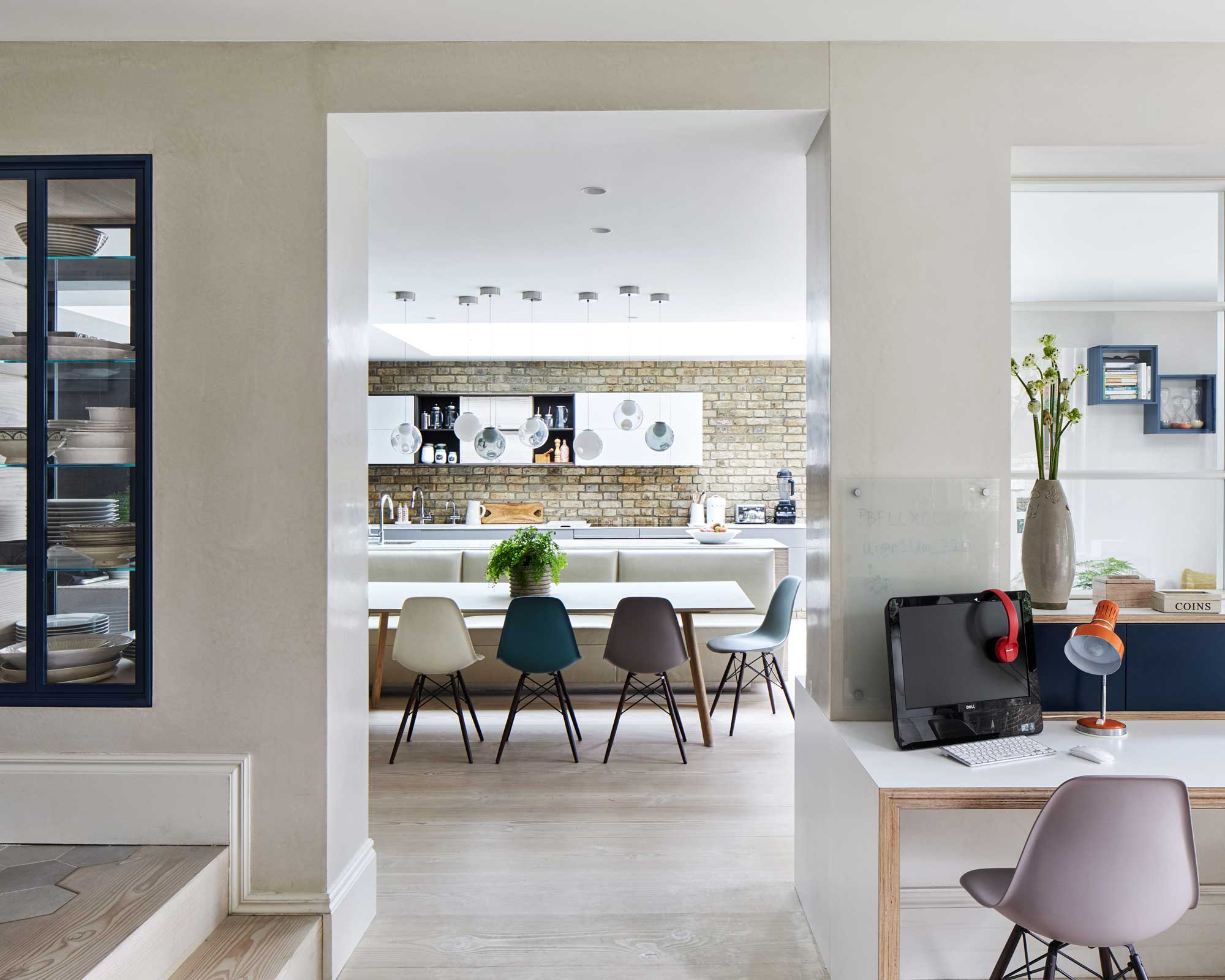
We are a bit better at putting things away in our living room than we are in the dining section of the room. The main cause of the mess in this space is items that we usually use upstairs, but may have brought down as a one-off. Some good examples are painkillers and medications (we are a chronically ill household), and our laptops and chargers.
These were all focused around the sofa, so I added some smart living room storage to keep things close. A sofa arm organizer was the perfect solution to the painkillers, as they are right next to the side table where we put our drinks down. It also helped make a home for the TV remote and some floating pens that used to move between the living room and kitchen.
Our laptops are used all over our home, so I didn’t need anything permanent to house them, but rather a way of keeping them out of the way between uses. So, I took some inspiration from under-bed storage ideas.
Rather than just pushing them under the sofa (which usually results in us having to reach under to retrieve them when they get pushed further toward the back wall), I invested in two personalized lap trays. These now live under the sofa, making use of one of the most underused spots in your home perfect for storage – the laptops can be stowed on top and easily pulled out when we need them, read with a surface that will prevent them from overheating.
As an added bonus, the fabric base stops the laptops from being pushed any further back, so nothing gets lost. It is the perfect functional storage solution for our small open plan living space.
Putting these basic fixes in place has made a world of difference to the state of my ground floor. It doesn’t just work for open-plan spaces, either. Any home, no matter its size or layout can benefit from smart storage positioning to help catch clutter and prevent mess. It might be as simple as carefully positioning storage baskets to stop clutter before it starts.

Chiana has been at Homes & Gardens for two years and is our resident 'queen' of non-toxic living. She spends most of her time producing content for the Solved section of the website, helping readers get the most out of their homes through clever decluttering, cleaning, and tidying tips. She was named one of Fixr's top home improvement journalists in 2024.
